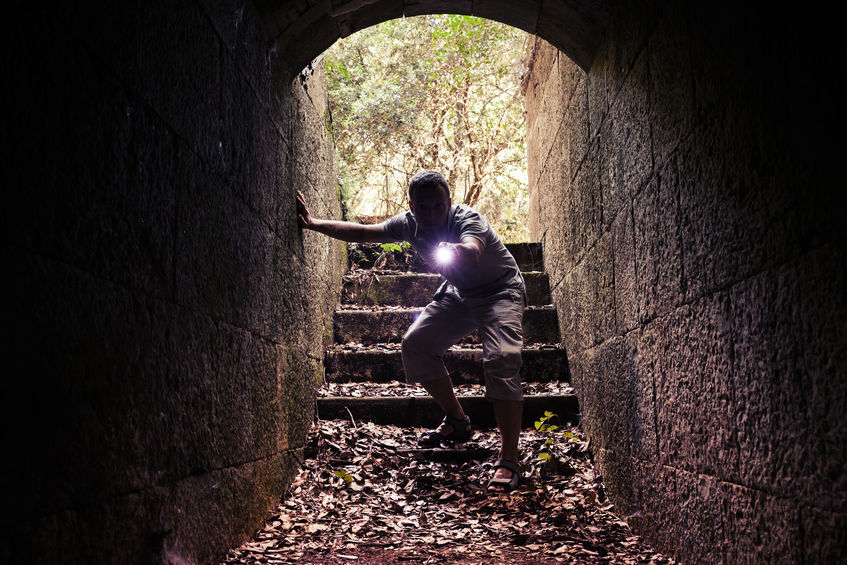Irony is the existence of two opposite ideas. There are three main types of irony: dramatic, situational, and verbal. Using irony can improve your writing and add new layers of depth, suspense, and humor to your work.
Key Takeaways
- Irony enriches storytelling by adding depth, suspense, and emotional resonance to films.
- Incorporating dramatic, situational, and verbal irony can create more engaging scenes.
- Mastery of irony demands you understand narrative mechanics and character development.
I’ll break down these different forms of irony in more detail in this article. I’ll also look at what irony isn’t (e.g., the difference between irony and sarcasm).
In the following articles, I’ll explain how you can use each type of irony in your screenwriting and show some examples of how it’s used in films already.
Table of Contents
Dramatic Irony
Dramatic irony is the existence of information presented to the audience that we learn before the characters in a story do.
When the audience knows something the characters don’t, dramatic irony becomes present, as the characters will act in opposite ways than they should.
Dramatic irony is the strongest tool you can use to layer your plotlines and deepen your storytelling ability on screen.
Dramatic irony is one of the main reasons we, as audience members, love horror movies – and love to yell at the characters on the screen:
“Don’t go into the basement, you idiot! He’s in there!!!”

There are different ways to achieve this on screen, which I’ll get into in the following article in this series.
Whether you are showing the killer’s whereabouts to the audience ahead of time, dramatic irony is inherent in horror movies, as we audience-goers know what genre we’re watching, but the characters don’t.
Read more on the subtle differences between horror movies and thrillers.
We know they may very well die – but they don’t.
Situational Irony
Situational irony is when someone does something opposite of what we expected them to do in a specific situation.

Many people use the word “ironic” incorrectly to describe unusual or even coincidental situations.
However, a situation playing out differently than expected doesn’t make it ironic – it has to be the opposite of what is expected.
For a situation to be truly ironic, it has to show the opposite of what is expected.
For example, imagine a character walking into that room and observing the chaos around them. Then, they grab a book off the burning bookshelf, sit in a smoldering chair, and start reading.
That’s not what we expected them to do – this is situational irony.
Read more: Situational Irony. Definition, Examples & How To Use It
Verbal Irony
Verbal irony is the difference between what is said and what is meant. You say one thing but mean the opposite.

While situational irony refers to situations that play out in an opposite manner than what is expected, verbal irony is a statement that is the opposite of what’s going on.
To use the previous example:
Our hero enters a room, finds it engulfed in flames, and says, “Great, just fantastic, absolutely fantastic!” as they run around the room, trying to extinguish the fire.
This is verbal irony because it’s very clear that they don’t think it’s fantastic that the room is on fire.
Read more: Verbal Irony. Definition, Examples & How To Use It
Up Next: How to use Dramatic Irony in Your Movie script
That should give you a pretty good idea about the three ironies and their differences.
Now, let’s break down how to use these three types of ironies to improve your on-screen storytelling.
I’ll start by showing how to use dramatic irony in film.

